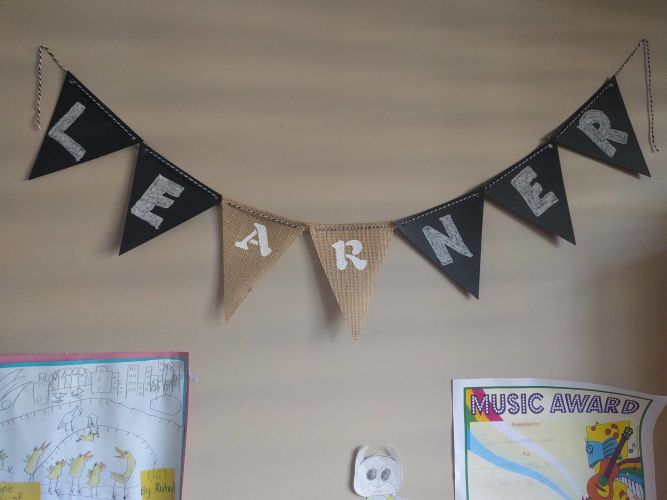Growth mindset in children

Posted on in Positive psychology, Growth mindset by Ayesha Riaz
Growth Mindset
In the past five years there has been a lot of research on growth mindset in kids. Substantial amount of studies have shown that growth mindset is linked to better academic achievement and a desire to learn and master.
What is growth mindset?
Growth mindset as opposed to a fixed mindset is an underlying belief that traits like intelligence and talent can be developed and improved through effort and hard work. In a fixed mindset people believe that their basic abilities are fixed and unchangeable.
Growth mindset is a term coined by Carol Dweck who is a professor of Psychology at Stanford University. After years of research on attitudes of students, she and her team realized that the type of mindset a child or a young person has affects their academic achievement more than anything else.
What are the impacts of having a growth mindset?
There have been many studies done to answer this question and I will summarize a few of them below:
Bouncing back from failure
In a recent study done in Indonesia it was found that having a growth mindset helped university students bounce back from an academic failure (Aditomo, 2015). In other words, if a student believed that their academic abilities could be improved, they were more likely to work hard after receiving low grades on an exam.
Buffer against effects of poverty
In a study conducted by Professor Carol Dweck in Chile, growth mindset was positively associated with academic achievement for students of all socioeconomic backgrounds (Dweck, Claro & Paunesku, 2016). What is more interesting about this study is that researchers also found that students coming from low-income families, if they had a growth mindset, had academic performance as good as those coming from high-income families who had more supportive environments. This implies that having a growth mindset can provide a buffer against harmful effects of poverty.
Psychological well being and school engagement
In another study done on Chinese primary school children, it was found that having a growth mindset was associated with psychological well being and more engagement with school (Zeng, Hou & Peng, 2016).
How to cultivate a growth mindset in children?
Judging from the above studies, having a growth mindset is clearly a personal asset. So how can we help foster this in our kids? Here are some suggestions:
Let them make mistakes
When a child makes a mistake, tell them it’s okay to do so. Let them handle failure in a constructive way by saying things like, “I can see you have used this strategy. Let’s see what other strategies we can use next time.”
Rephrase your praise
When praising your child, avoid saying things like, “You are so clever or smart”. Use phrases like “I am so happy that you worked hard on this.” This brings the focus on their abilities rather than the idea that they are inherently intelligent or good at something.
Cut the material rewards
When we reward our kids with material things such as toys or games after every time they achieve something, we are teaching them to work hard as long as a reward is in sight. What happens when the rewards stop? Instead, encourage a love for learning, a desire for mastery. After any new achievement, ask them how it made them feel. Tell them every time they learn something new their brain “grows” and makes new connections. This is true, by the way. Here is a short video on this topic to watch with your kids.
The “not yet” framework
Whenever your kids are trying to learn a new skill such as swimming or cycling, or a new concept, use the phrase “not yet”. This tells them that the path to learning is still an open road. Not yet there, but one day.
Model optimism
Discuss with your kids your own mistakes and failures. Let them see how you handle failures, what strategies you use and the outcome. Best of all, learn a new skill with your kids to show them you can learn something new at any stage. I am planning to learn swimming very soon (yes, we do exist!) and we shall see how that goes J.
References
Adimoto, A. (2015). Students’ response to academic setback: “Growth Mindset” as a buffer against demotivation. International Journal of Educational Psychology, 4(2), 198-222.
Dweck, C. Claro, S. & Paunesku, D. (2016). Growth mindset tempers the effects of poverty on academic achievement. Proceedings of the National Academy of Sciences, 113(31), 8664-8668.
Zeng, G., Hou, H. & Peng, K. (2016). Effect of Growth Mindset on school engagement and psychological well being of Chinese primary and middle school students: The mediating role of resilience. Frontiers in Psychology, 7:1873.